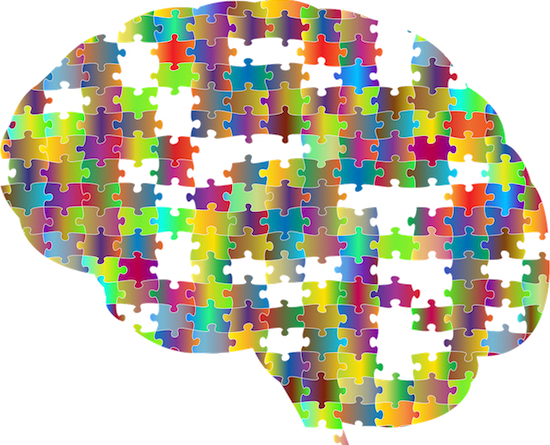Zhang receives NSF funding for brain research
Madison Brewer
Jun 23, 2020

Source: Pixabay
What role does the brain's biomechanics play in disease and injury?
The biomechanics of the brain—that is, the physics of how the brain responds—is not largely understood. That being said, research shows that biomechanics of the brain is linked to brain development, disease, and damage. Yongjie Jessica Zhang, the George Tallman Ladd and Florence Barrett Ladd Professor in the Department of Mechanical Engineering at Carnegie Mellon University, is a co-principle investigator of a project on brain biomechanics that has received two million dollars in funding from the National Science Foundation (NSF).
This project is part of the NSF’s Leading Engineering for America's Prosperity, Health, and Infrastructure program, or LEAP HI for short. The LEAP HI program challenges the engineering research community to take a leadership role in addressing challenges for advancing America’s prosperity, health, and infrastructure.

Source: Carnegie Mellon University
Yongjie Jessica Zhang
Zhang’s project will look at the relationship between the biomechanics of the brain and brain diseases and injuries, such as dementia or strokes. She and her collaborators will use a combination of novel medical imaging tools, image analysis, computational modeling, and mechanical testing to characterize the brain’s mechanics. They seek to understand the fundamental mechanical properties of living brain tissue.
With these results, medical professionals could be able to diagnose neurological disorders earlier than ever before. Additionally, the project could provide better understanding, treatment, and prevention of those neurological disorders.
“I am thrilled about this interdisciplinary project, through which we will develop next generation multiphysics and multifidelity models to investigate the role of biomechanics in brain growth, damage and neurological disorders,” Zhang said.
“Our combined imaging-modeling pipeline integrates novel neuroimaging, segmentation, meshing, isogeometric analysis and machine learning to facilitate data-driven study of mechano-biochemical mechanisms of brain pathology at the cell- and tissue-level. It will have a significant impact in understanding brain behavior, function and disease. I cannot wait to start such an exciting project!”
The project, awarded funding in May 2020, is titled “LEAP-HI: Tackling Brain Diseases with Mechanics: A Data-Driven Approach to Merge Advanced Neuroimaging and Multi-Physics Modeling.” Other collaborators on this project are Mehmet Kurt and Johannes Weickenmeier from the Stevens Institute of Technology and Priti Balchandani from the Icahn School of Medicine at Mount Sinai.
Zhang runs the Computational Bio-Modeling Lab at Carnegie Mellon. She also holds a courtesy appointment in the Department of Biomedical Engineering.
Media contact:
Lisa Kulick
lkulick@andrew.cmu.edu